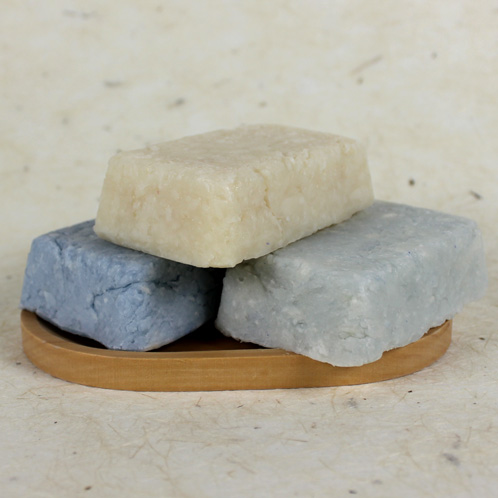fmernyer
Member
- Joined
- Apr 7, 2015
- Messages
- 6
- Reaction score
- 1
I searched the forums and couldn't find this question exactly so forgive me if its been gone over again and again....
I want to make a master batch of oils and work on the separately...and someone suggested making the full master batch from beginning to end - a plain base of soap - and then hand milling it separately to add in any special colors, fragrances or the like.
The reason would be so that I'm only working with lye in one big batch - for the sake of safety around the littles - and then I can work at my leisure on making each batch special.
I've read about handmilling being intensive and not as smooth as a straight batch. I've also read it creates a harder bar of soap and therefore lasts longer.
So my question is - has anyone done this? Is it at all reasonable?
Would I be able to throw some 'plain' bars of soap into the food processor and grate them up - and then heat them slightly to add stuff and repour into molds?
Thank you in advance for any comments!
~Dawn
I want to make a master batch of oils and work on the separately...and someone suggested making the full master batch from beginning to end - a plain base of soap - and then hand milling it separately to add in any special colors, fragrances or the like.
The reason would be so that I'm only working with lye in one big batch - for the sake of safety around the littles - and then I can work at my leisure on making each batch special.
I've read about handmilling being intensive and not as smooth as a straight batch. I've also read it creates a harder bar of soap and therefore lasts longer.
So my question is - has anyone done this? Is it at all reasonable?
Would I be able to throw some 'plain' bars of soap into the food processor and grate them up - and then heat them slightly to add stuff and repour into molds?
Thank you in advance for any comments!
~Dawn

























